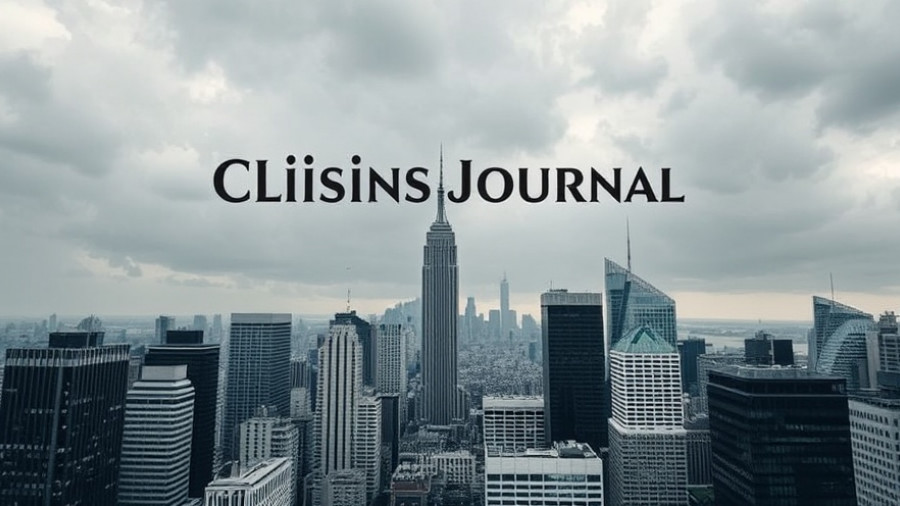
Understanding the Legal Landscape: Uber's Offensive Move
In a significant shift from its reactive stance, Uber Technologies has embarked on a controversial legal campaign using federal RICO laws to target personal injury attorneys and medical professionals linked to rideshare accidents. This brazen tactic draws sharp criticisms for potentially undermining the civil justice system that is designed to protect individuals. Uber's actions come amidst mounting costs associated with insurance coverage, especially in states like California, where the company claims that upwards of nearly half of its ride fares are consumed by insurance costs.
Adam Blinick, Uber's Senior Director of Public Policy, articulated the company's frustration during a recent panel discussion, highlighting the burdens that legal system abuses place on consumers. Uber's RICO lawsuits contend that personal injury lawyers are complicit in inflating claims and perpetuating fraud—a stance that aims to reshape public perception while shielding Uber from financial liability.
The Corporate Playbook: How RICO is Misused
The RICO (Racketeer Influenced and Corrupt Organizations) Act was initially crafted to dismantle organized crime syndicates; however, corporations like Uber are now appropriating these laws for profit protection. By framing personal injury claims as “criminal enterprise,” the company seeks to intimidate legal representation for accident victims—potentially dissuading attorneys from advocating for clients out of fear of retaliation.
This strategic legal maneuver highlights a broader trend among corporations to leverage legal frameworks to stifle accountability. By categorizing legal representation as part of an organized scheme, Uber risks chilling potential genuine claims and obstructing access to justice for those genuinely injured.
The Financial Burden of Legal System Abuse
The financial stakes are high in this ongoing conflict. Gareth Kennedy from EY indicates that the proliferation of third-party litigation funding (TPLF) could cost the insurance industry an estimated $50 billion over the coming years, with the average commercial claim costs increasing annually. This inflation impacts not only insurance costs but also the viability of injured individuals seeking representation against well-funded corporate legal teams.
As businesses rally to counter these trends with better political engagement and consumer-focused messaging, there is a clear call for transparency and cooperation among companies to highlight and rectify legal system abuses. For consumers—especially vehicle owners suffering from accident-related property damage—the ramifications are significant. Understanding the claim process becomes imperative in navigating potential pitfalls exacerbated by corporate strategies.
Empowering Consumers Against Intimidation Tactics
For average citizens embroiled in the complexities of insurance claims and legal negotiations, awareness of corporate tactics like those employed by Uber can empower them to seek justice more effectively. It becomes increasingly vital to advocate for stronger support systems that allow consumers to challenge corporate misconduct without fear of retribution.
Equipping oneself with knowledge about the insurance claim process—such as understanding claim timelines, knowing how to file a formal complaint, and exploring claim negotiation tips—can make a considerable difference in outcomes for accident victims.
The Future of Civil Justice: A Call to Action
As Uber's RICO campaign continues to unfold, it serves as a crucial reminder of the delicate balance between corporate accountability and personal rights. Vehicle owners facing property damage claims must stay informed and actively engage with this ongoing dialogue about justice. Companies like Uber are putting pressure on the legal system; thus, consumers need advocacy and resources that genuinely protect their interests.
Ultimately, the future of civil justice hangs in the balance. Will corporations prioritize profit over people, or will there be a concerted effort to ensure accountability? The path forward requires consumer unity in demanding fair practices and rejecting intimidation from corporate giants.
If you’re navigating the complexities of an insurance claim after a vehicle accident, ensure you have the right guidance to protect your interests.
 Add Row
Add Row  Add
Add 




Write A Comment